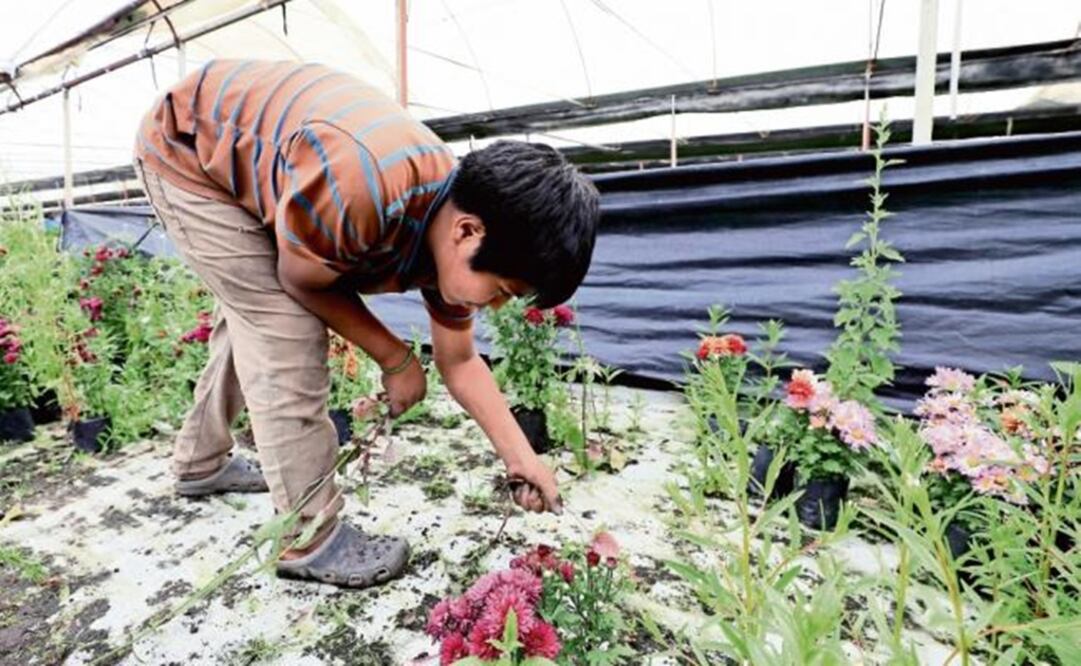Más Información

Sheinbaum se reúne con gobernadora de Banxico e integrantes de la ABM; conversan sobre perspectivas económicas

Corte pagó cursos de yoga, Tai chi y cocina a empleados y pensionados; adjudican contratos de forma directa

Detención fue porque soy incómodo para Layda Sansores: exrector de la UAC; quería que no me reeligiera, dice

Familias de víctimas del ataque mortal de EU en el Caribe demandan al gobierno de Trump; acusan ejecución extrajudicial y negligencia

Virus Nipah: ¿cuáles son los síntomas y cómo se contagia el virus que puso en alerta a India?; conócelo aquí
One million 686 thousand children and adolescents from 5 to 17 years carry out domestic activities under inadequate conditions, which represents 5.7% of the population under 18 years, according to information from the Child Labor Module and disclosed by the National Institute of Statistics and Geography (INEGI) on the World Day against Child Labor , which is being commemorated today, June 12.
Domestic work under inappropriate conditions is defined as "the set of domestic activities that put at risk, affect the health or development of children and adolescents." It is defined when it occurs in an unhealthy environment that involves the manipulation of dangerous equipment or heavy loads, in places that endanger the child or for extended hours.
By gender, 5.5 out of 10 boys and 6 out of 100 girls aged 5 to 17 years carry out work under inappropriate conditions. Because of the role that women have in household chores, it is the Mexican girls and adolescents who have been most affected by this problem.
The time spent by these girls on domestic chores points at a longer period in girls between 5 and 17 years, because three out of ten (29.7) exceeds 28 hours a week, with men only representing 4.7%.
9 out of 10 children and adolescents in Mexico engage in activities that are not allowed, which are dangerous to their health, safety or morality and that affect the exercise of their rights and their integral development.
In Mexico, the working hours for children under 16 years can not exceed 6 hours a day. However, 36.6% of the employed population aged 5 to 17 works 35 or more hours a week.
Of the child population that works in this country, 42.5% do not receive any income for their work: 19.1% receive up to two minimum wages and 3 out of 10 receive only one minimum wage; of these, 38.2% work from 40 to 48 hours a week.
23.5% of the working children declared that they do so in order to pay for their school and/or their own expenses; Another 23.5% said they do it for pleasure or to help at home.
As for the person they work for, 6 out of 10 (59.2%) said they do it for a relative and 3.85% work on their own.
al
Noticias según tus intereses
[Publicidad]
[Publicidad]









